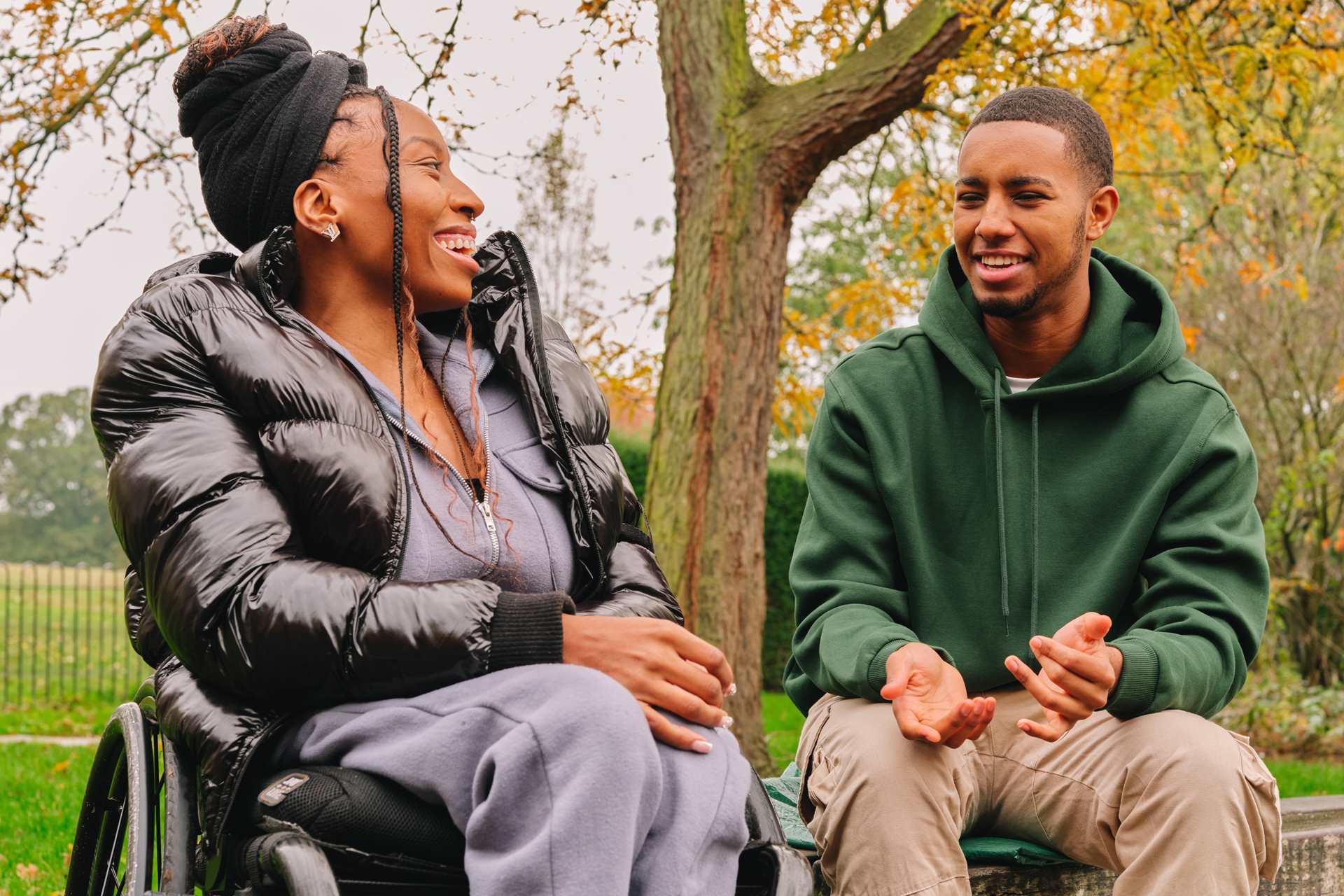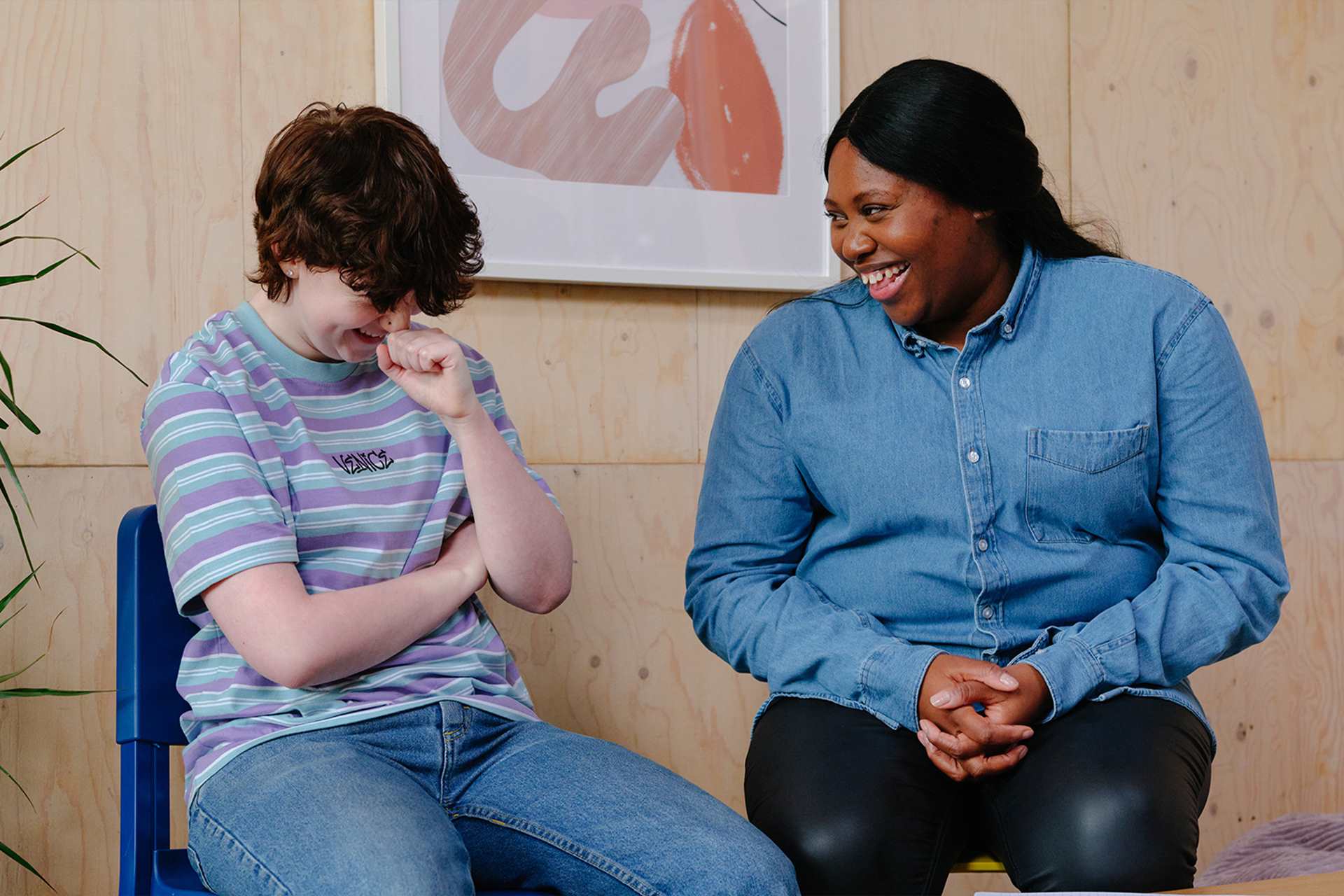Pregnancy
You should tell your doctor if you are pregnant or trying for a baby before taking clozapine.
If you take clozapine while you are pregnant, it is not thought to have a bad effect on the developing baby.
Make sure you use a reliable method of contraception while you are taking clozapine if you do not wish to become pregnant. If you’re not sure what method to use, visit your doctor or make an appointment at a sexual health clinic to discuss your options.
Pregnant women are advised to take folic acid – this is safe to do while also taking clozapine.
You may also be checked for increased risk of blood clots during pregnancy and may be prescribed a course of blood-thinning injections.
Post-natal
Clozapine can cause symptoms in newborn babies if you take it during the last few months of pregnancy. These could include shaking, muscle stiffness and/or weakness, sleepiness, agitation, breathing problems and difficulty with feeding. Talk to your doctor or midwife about this and get their help and support.
Breastfeeding
Clozapine passes to the baby in breastmilk and can be harmful.
It can cause problems like excess sleepiness and low white blood cell count.
There is also a very small chance that your baby might have a seizure (fit).
For this reason, it’s best to discuss feeding options with your doctor or midwife.







